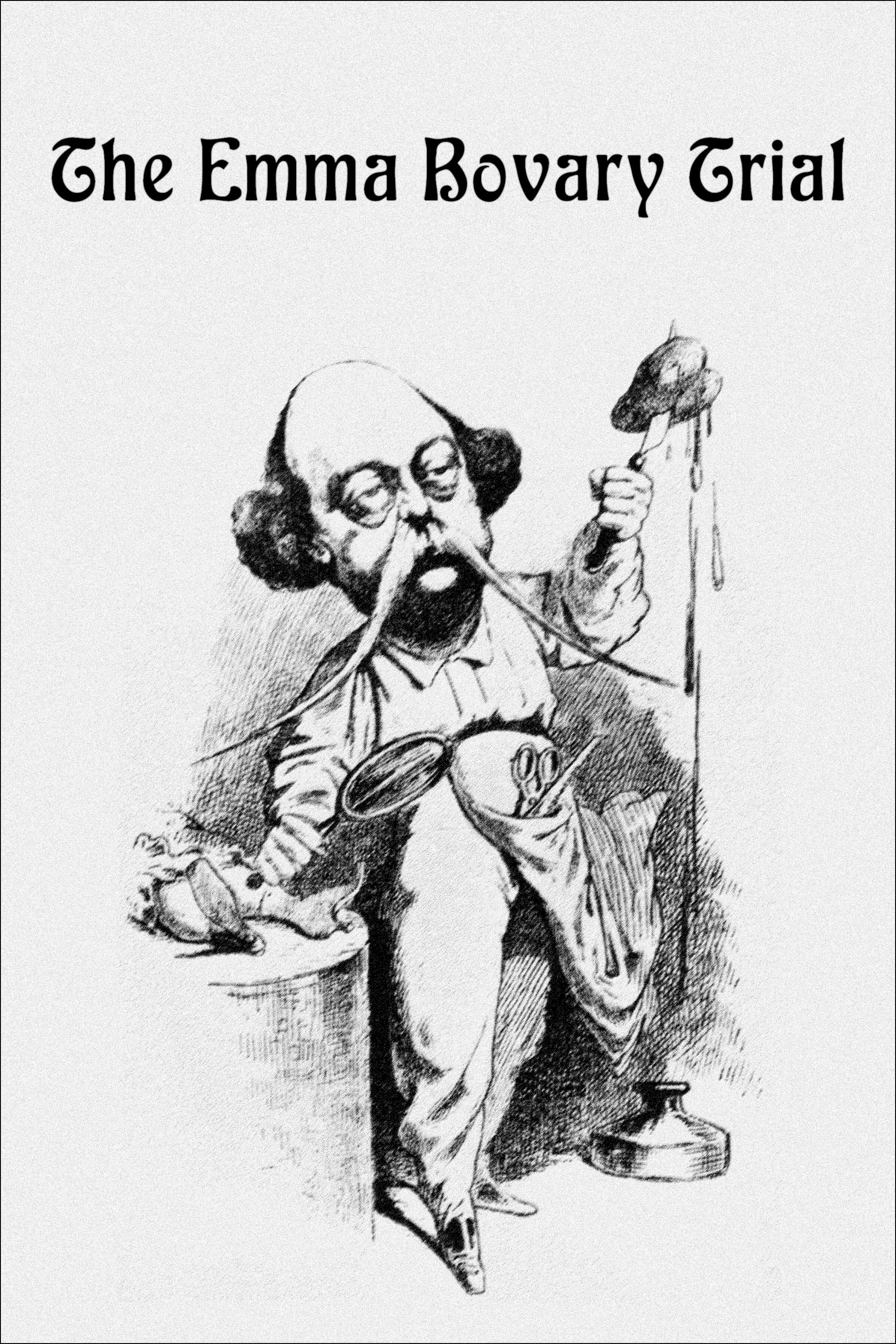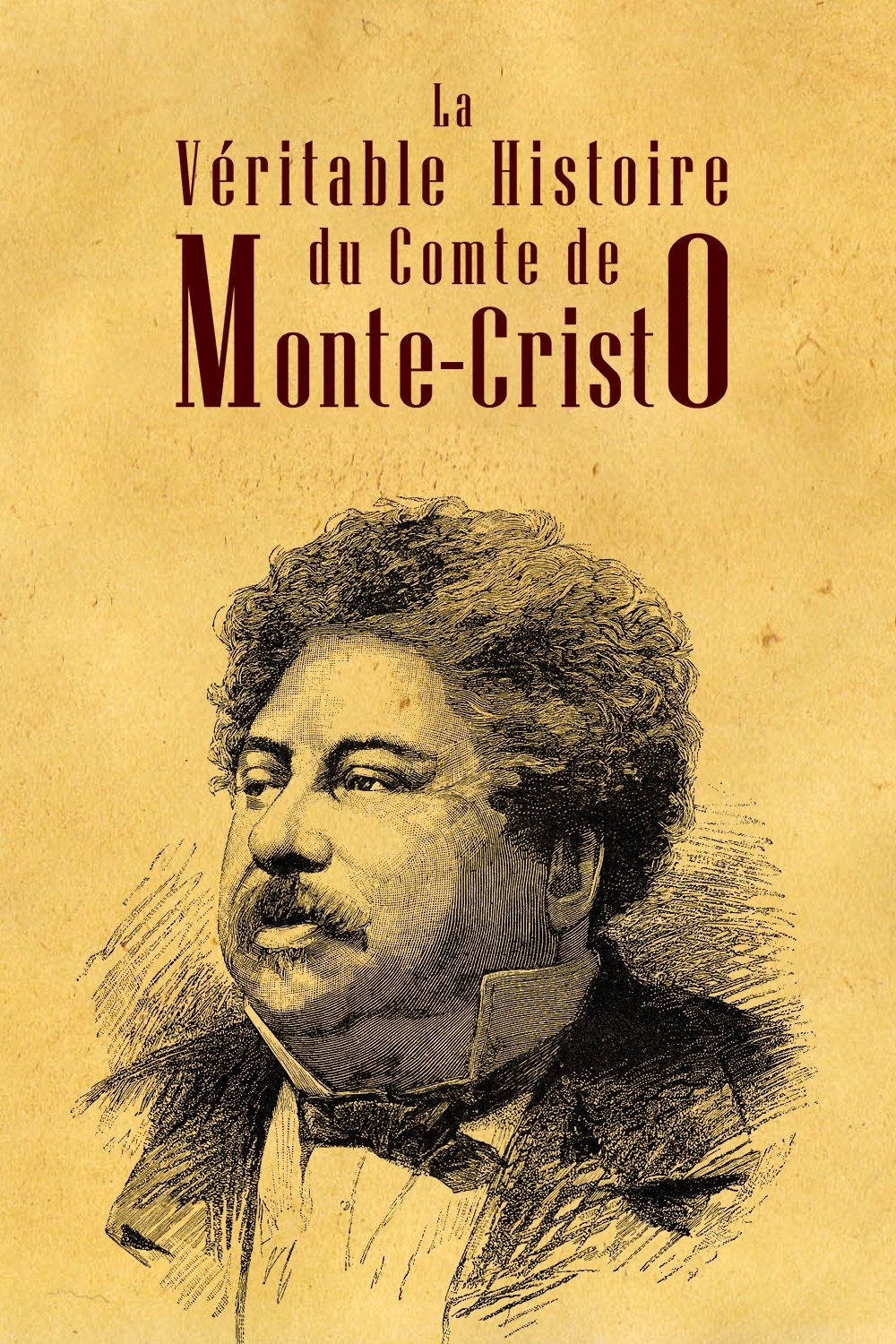Browse all content tagged with this keyword.

On January 31, 1857, the French writer Gustave Flaubert (1821-80)...


Maria Casarès, a theatre actress and Albert Camus, one of...



Writer, journalist, explorer, filmmaker, communist militant, freedom fighter. Truths and...


Paris, France, December 1897. The young playwright Edmond Rostand feels...


A docu-drama portrait of the early-20th-century French author Marcel Proust,...